12 easy ways to keep your brain sharp and beat memory loss
Limber up and give your brain a fun neurobics work out to help prevent cognitive decline as we get older.
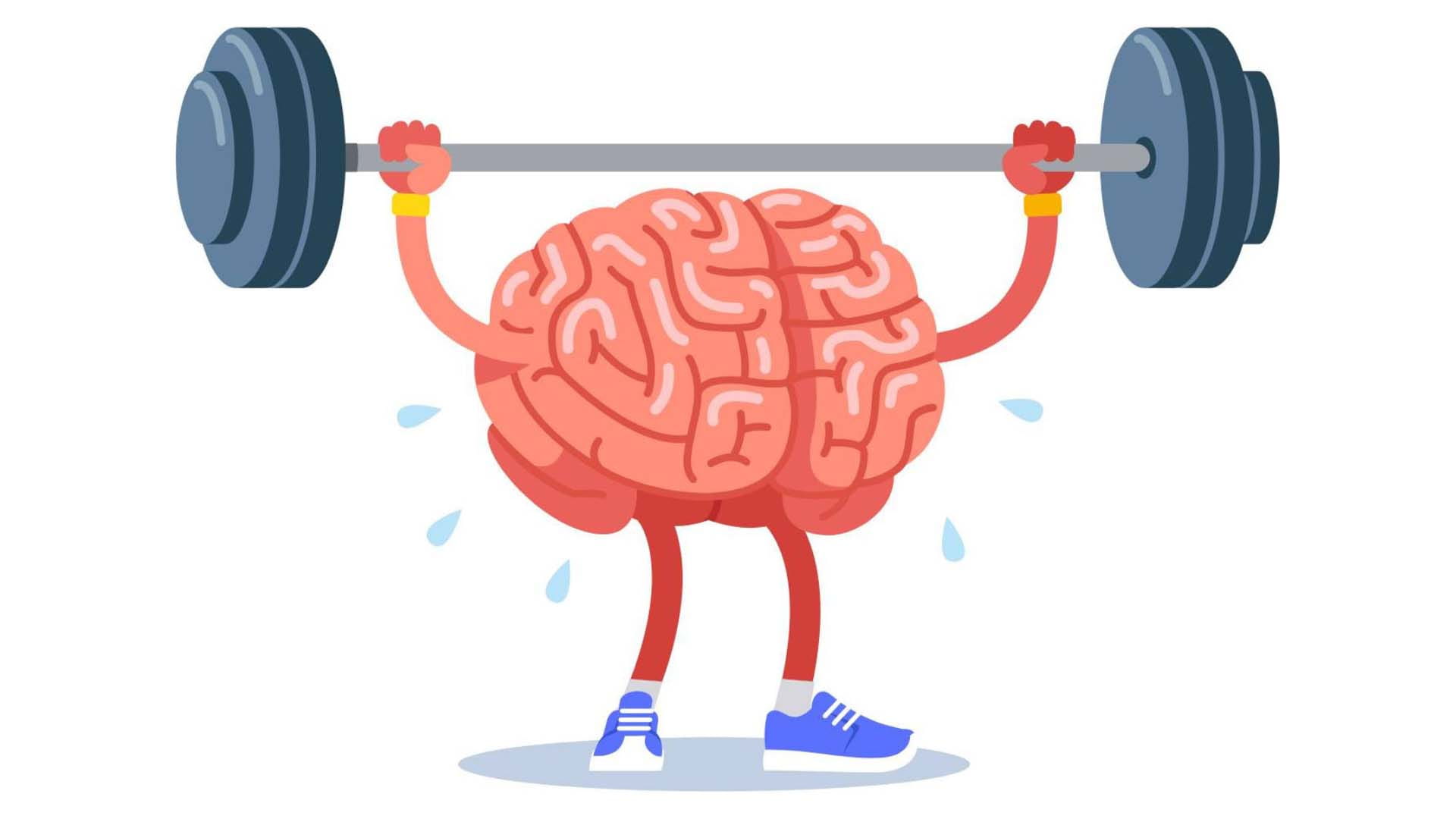
Limber up and give your brain a fun neurobics work out to help prevent cognitive decline as we get older.

Do you keep forgetting where you’ve put your keys? Struggle to remember people’s names from time to time or even walk into a room and totally forget why you went in there? You aren’t alone.
Many of us believe that memory loss is simply another part of getting old. However, while mild cognitive impairment affects up to 20% of older people in the UK, it’s not inevitable. For most of us, if we keep exercising our mind, then we can help prevent memory loss and keep our brain as sharp as ever.
We’ve got some fun, quick and easy ways of challenging your brain that you can introduce into your life every day, from neuroscientist Dr Rachel Taylor.
Our brain does change as we get older, it’s part of the body’s ageing process and many people find it harder to remember some facts and learn new skills.
Research has also revealed that the pandemic took its toll on the health of our brains. A study by the University of Exeter and Kings College London found it caused sustained cognitive decline among people aged over 50, whether they caught Covid or not.
Researchers said mental decline was exacerbated by a number of factors during restrictions, including the increase in loneliness and depression, a fall in exercise and higher alcohol consumption.
It feels like we’ve had a double whammy, our brains are ageing and we’ve been knocked back by the pandemic – so is there anything we can do?
Dr Taylor says what we do every day can make a big difference to the health of our brains – and simple changes in behaviour can improve our memory, sharpen up our thinking and improve our reactions.
She calls it Neurobic Intense Plasticity Training (NIPT) – it’s quite a mouthful, so what does it mean?
“A neural exercise program needs to involve multiple brain areas in new ways in order to increase brain connections and develop new brain pathways,” she explains.
“I call it Neurobics and it contributes to making your brain more responsive and flexible so it can take on mental challenges such as maintaining memories, learning new tasks and information or being creative with your cognitive capacity.”
She explains that the brain is able to produce natural growth factors called neurotrophins, which help prevent the effects of mental aging and damage to the brain from injury, disease and pathogens.
“A different way of thinking can go a long way in having a plastic and flexible brain that has neuroprotective mechanisms built into it,” she explains. To do this she says we need to change our behaviour and shake up our daily routines.
Change the aroma you wake up to every morning which might be tea or coffee. Try baking bread, see what smells you can identify on a walk or warm some spices in a dry pan.
A new smell after you wake will help activate new neural pathways.

Use your non-dominant hand to brush your teeth, eat your food, brush your hair or even write with a pen.
Doing this creates new neural pathways and synapses, so increases plasticity and growth in the brain
To activate the side of your brain that you don’t normally use, close your eyes when you wash, dress, open the front door or even search for your keys in a drawer without looking.
This won’t just activate your brain, but strengthen your sense of touch too.
Turn your calendar, pictures, artwork, notes on the fridge, clock and anything else you’d like, upside-down. This challenges the visual cortex to work harder and then the thalamus to relay the information to the correct part of the body/brain.
It works like a brain workout by increasing blood flow and nutrients.
Mix things up with your morning routine – try eating breakfast first and then getting ready. You can also change your breakfast as well.
Anything that’s different to the norm gives your brain its own wake up call.

Hobbies that require the use of more than one sense and that are not routine are great for your brain.
Creative writing or sitting down with a good book are both great for you. We are not hardwired to do either of these, so they challenge the brain.
Repositioning the location of familiar items reactivates spatial networks and forces your visual and somatosensory areas of the brain to get busy adjusting your internal maps.
So, rearrange the furniture, change the order of the clothes in your wardrobes, change your cupboards around in the kitchen or bathroom, move your watch to the other wrist – anything that can help ring in the changes.
Once a month try a new food that incorporates exotic tastes and smells. Choose a recipe for breakfast or dinner and shop at a different shop or market for the ingredients.
This helps to create a break in the pattern of familiar and gets you out of your comfort zone – the more we can do this, the more resilient our brain becomes.

Travelling exposes your senses to the novelty of new surroundings. Spatial maps used for normal navigation are no longer useable and new pathways must be constructed.
Any discomfort or stress you might feel taking in the new sounds, sights and smells is actually your brain kicking it up a notch.
You can give your brain an extra boost, by combining new flavours and surroundings on holiday.
Saga offers tempting itineraries to Greece, Spain, Italy and Malta, which include tasting trips and expert-led cookery demonstrations.
Take an evening class or give language apps like Duolingo a go. Any discomfort or stress you might feel taking in new languages, sounds and sights is actually your brain kicking it up a notch.
Learning a new language has been shown to improve our cognitive function and keep our brain sharp and reactive.
Change your shopping routine by stopping by a market, butcher shop, bakery, fish market, produce stand or flea market. Specialist food stores usually have staff who know all about their products.
Ask about where items come from and how they are used. Just by talking about a new topic then seeing, touching and smelling the products (when possible), you are forming new associative links.
Visit a park, beauty spot or safe place in the countryside. Get comfortable and close your eyes. Use your other senses to determine what’s happening around you.
Free-associate using the smells and sounds, and “feel” the experience.
Phillipa Cherryson is senior digital editor for Saga Magazine. Phillipa has been a journalist for 30 years, writing for national newspapers, magazines and reporting onscreen for ITV. In her spare time she loves the outdoors and is an Ordnance Survey Champion and trainee mountain leader.
View author page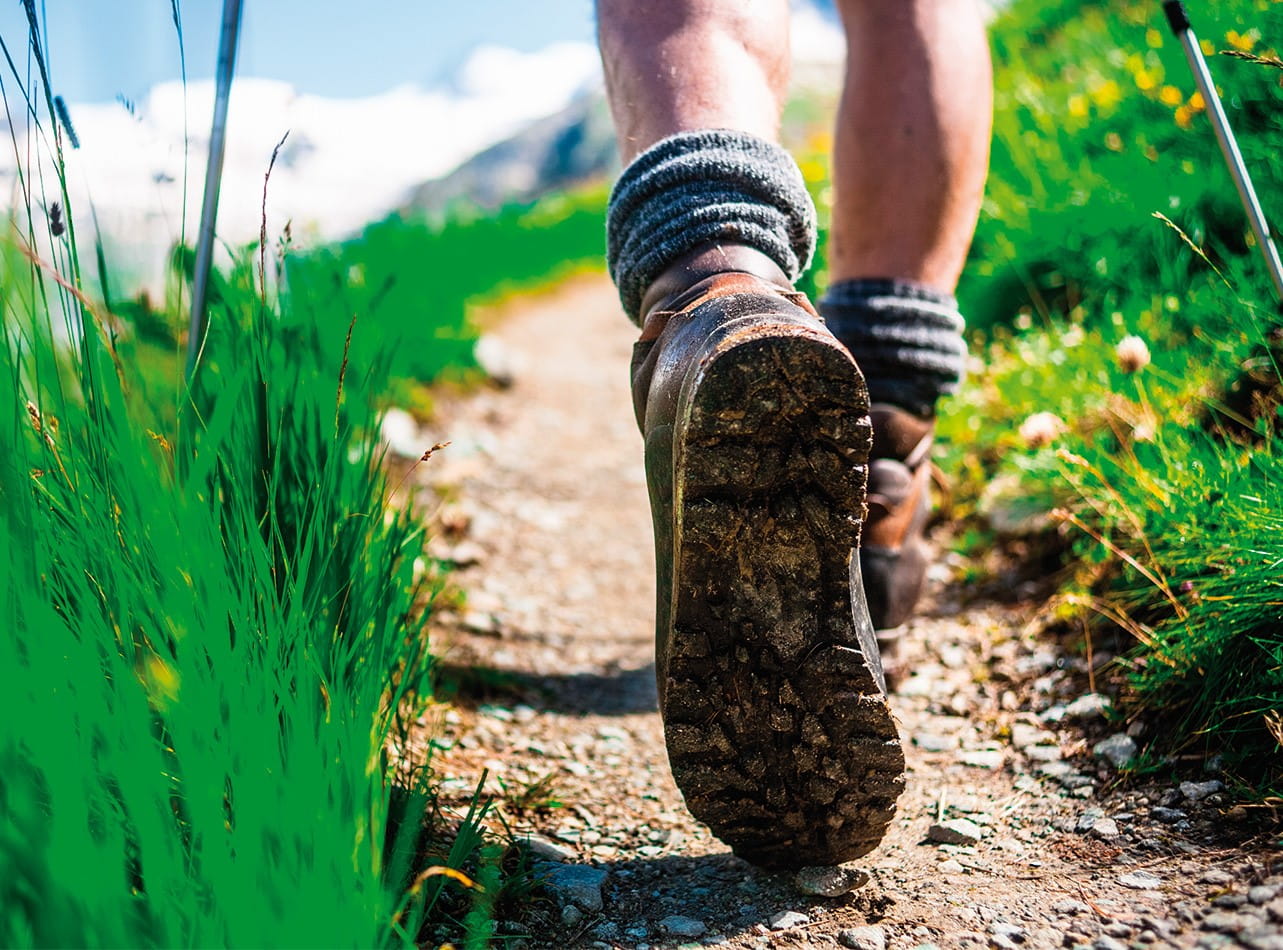
Find out about Saga’s walking holidays here…
Saga’s walking holidays are perfect for exploring Europe’s stunning destinations on foot. They’re suitable for all fitness levels and offer a well-balanced mix of guided walks and relaxation.

Are you retiring at the wrong age? The best age to retire for your body, brain, happiness and pocket.
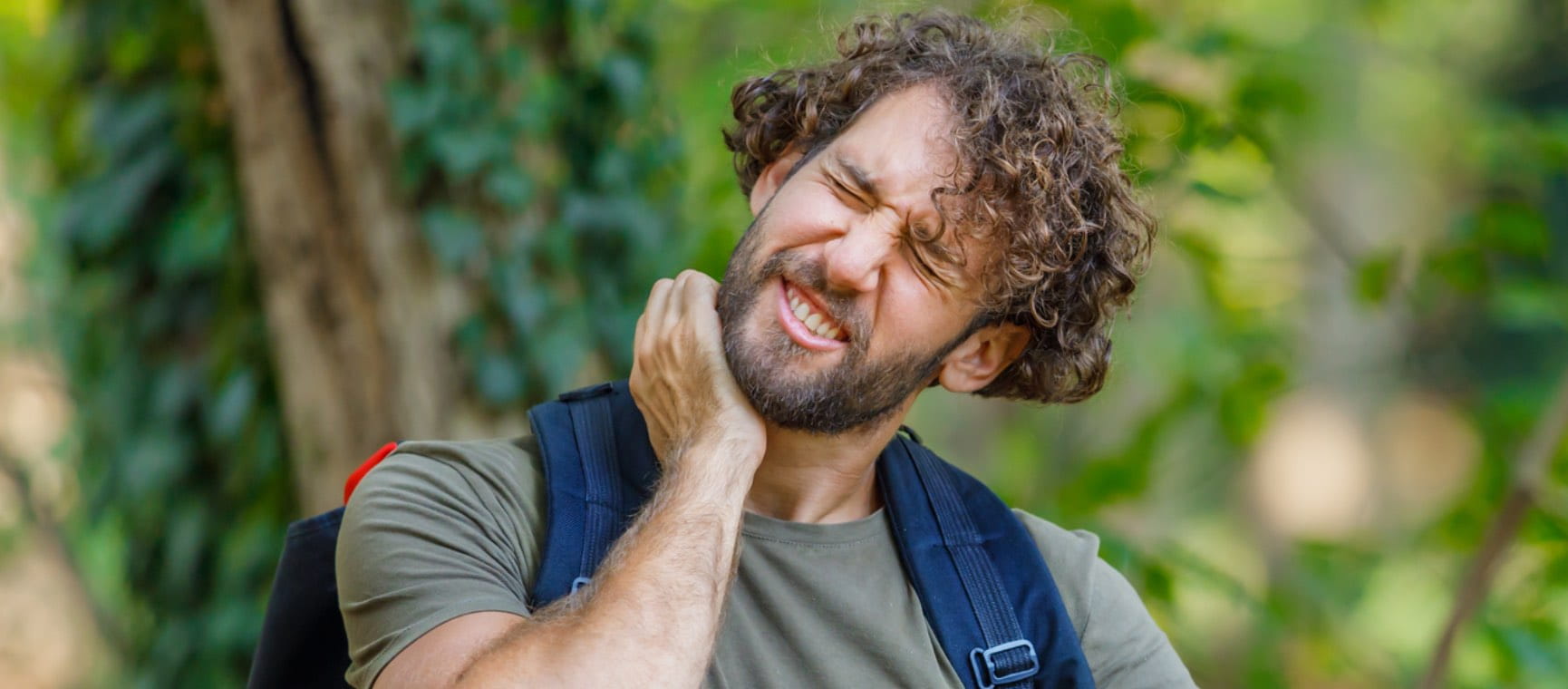

Everything you need to know about the lung infection, and how you could be ill with “walking” pneumonia without realising it.
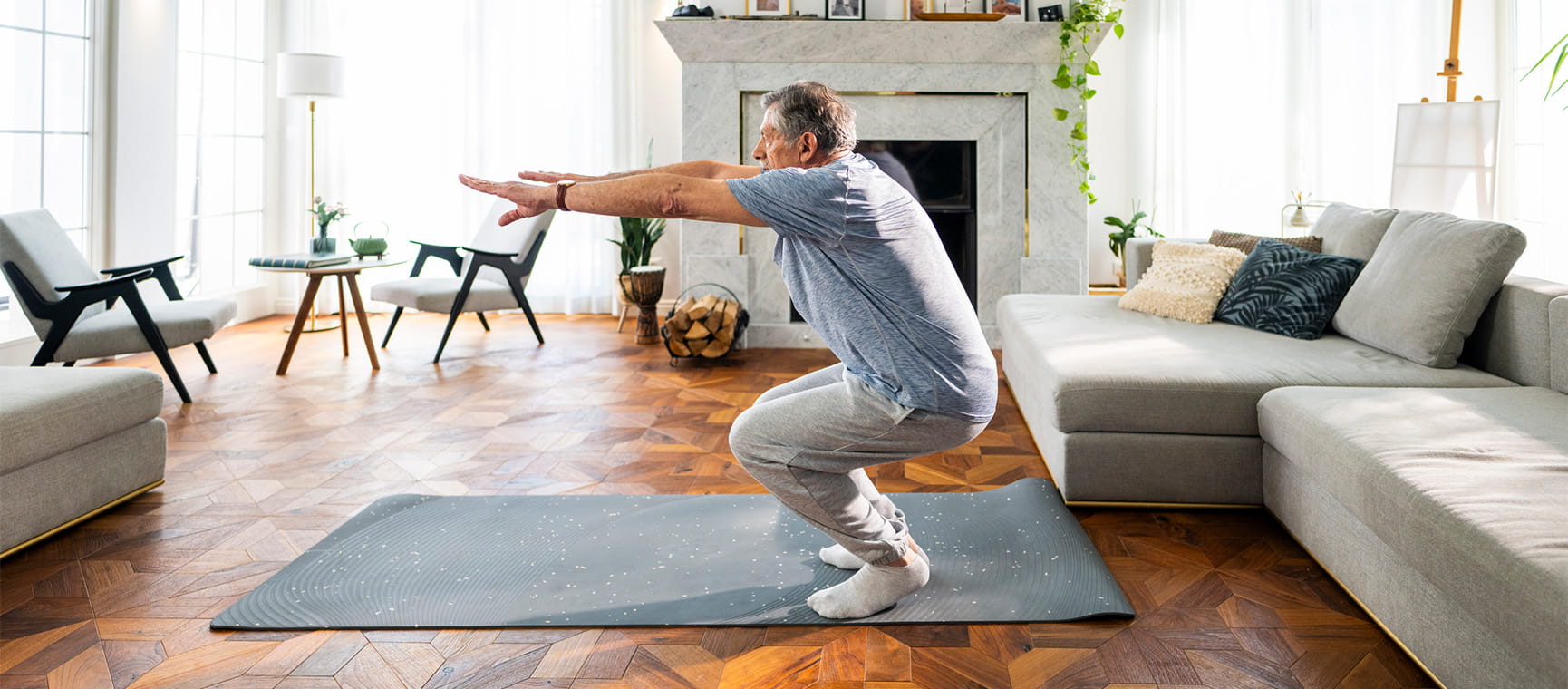
Strong calves for a strong mind: how they support our circulation and brain health, with easy moves to strengthen yours at home.


Our GP Dr Mark Porter explains what can cause itchy skin, which is a common problem as we get older.

Worried you’ve morphed into Victor Meldrew? Find out how to battle that bad mood, and what to do if you’re stuck with a grouchy loved one.

The benefits of heat and cold therapy, and how Nordic bathing won over our nervous writer.

Here’s how to spot the symptoms of heat disease and reduce your danger.

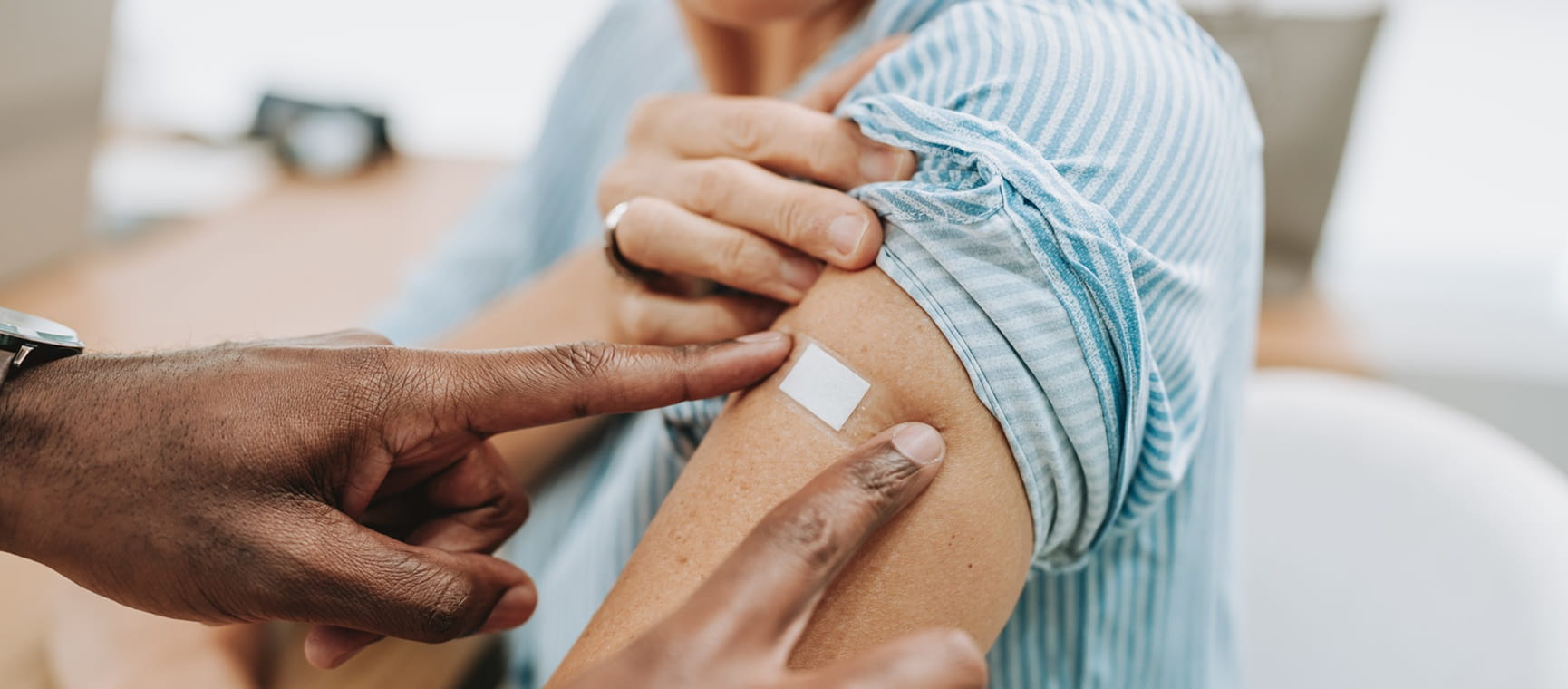
The NHS winter vaccination campaign kicks off next week. Here’s the lowdown on what you need to book.

Pilates for back pain – what to do if you are suffering, and five gentle exercises that could help.

Dizziness or vertigo: a sensation of spinning, can stop us doing everyday things for fear of falling. Try these tips to stop feeling dizzy


You don’t have to put up with bladder leaks. We try out the latest pelvic floor gadgets for men and women.

Cataracts are a normal part of ageing. Learn how to spot the signs – and when it’s time to consider surgery.